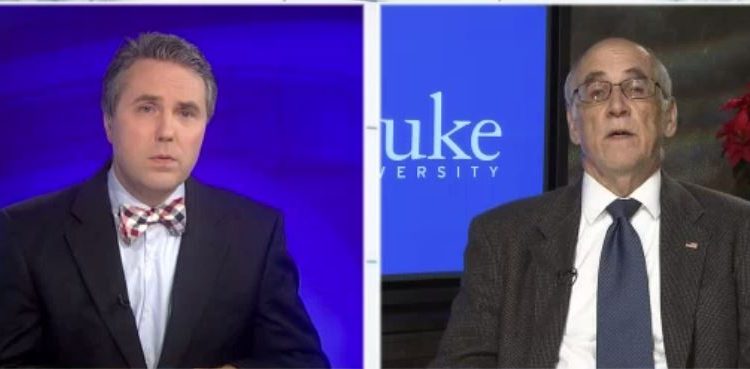“… It’s not legal to use tapes to try to intimidate a witness,” says law professor Samuel Buell about President Trump’s threat that fired FBI Director James Comey “better hope that there are no tapes of our conversations before he starts leaking to the press.” Adds Buell: “It wouldn’t even be legal to pretend to have tapes in an effort to intimidate a witness. And what we need at this point is an investigation to look into this and certainly one of the first things that any prosecutor would do in this situation is to subpoena any tapes to find out whether they exist.”
Read More at CNN













